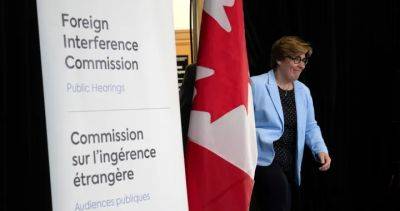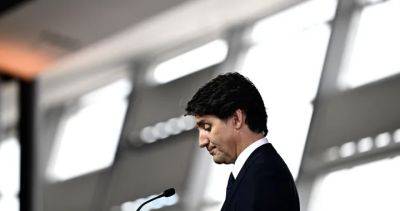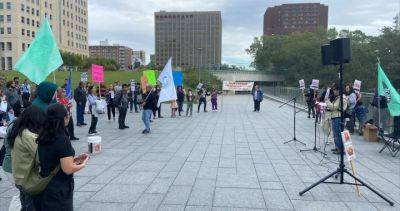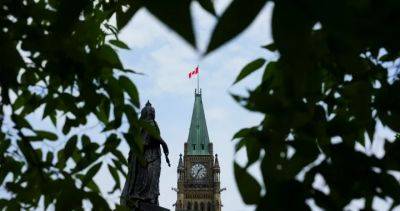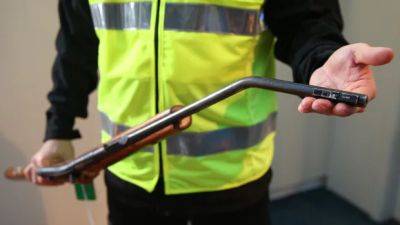Foreign interference inquiry, back for 2nd round, to look at whether Ottawa able to protect elections
How can the federal government prevent other countries from trying to meddle in Canada's elections?
That will be the focus as the public inquiry into foreign interference begins its second phase of hearings on Monday.
To get the answer to that question, the inquiry is expected to hear from more than 60 witnesses over the next five weeks, including members of Parliament, cabinet ministers and Prime Minister Justin Trudeau.
The inquiry, headed by Quebec Court of Appeal Justice Marie-Josée Hogue, was set up following media reports that accused China of interfering in the 2019 and 2021 federal elections.
In her initial report, made public in May, Hogue found that while it was possible that foreign interference occurred in a small number of ridings, she concluded it did not affect the overall election results.
In its second phase, the inquiry will focus on just how equipped the government is to combat foreign interference in elections and how that capacity has evolved over time.
On Friday, Hogue provided a glimpse into the work the inquiry has been conducting behind the scenes since its last public hearings and initial report.
To date, more than 140 individuals and groups have responded to the inquiry's call for submissions, including confidential submissions.
In August and September, Hogue travelled the country to meet with members of diaspora communities «likely to be particularly affected by foreign interference and transnational repression.» During the meetings, which took place in private and undisclosed locations, members of those communities shared their experiences and outlined measures they believe could better protect them.
Over the course of 22 meetings, Hogue met with 105 people from several diaspora communities: Chinese,


